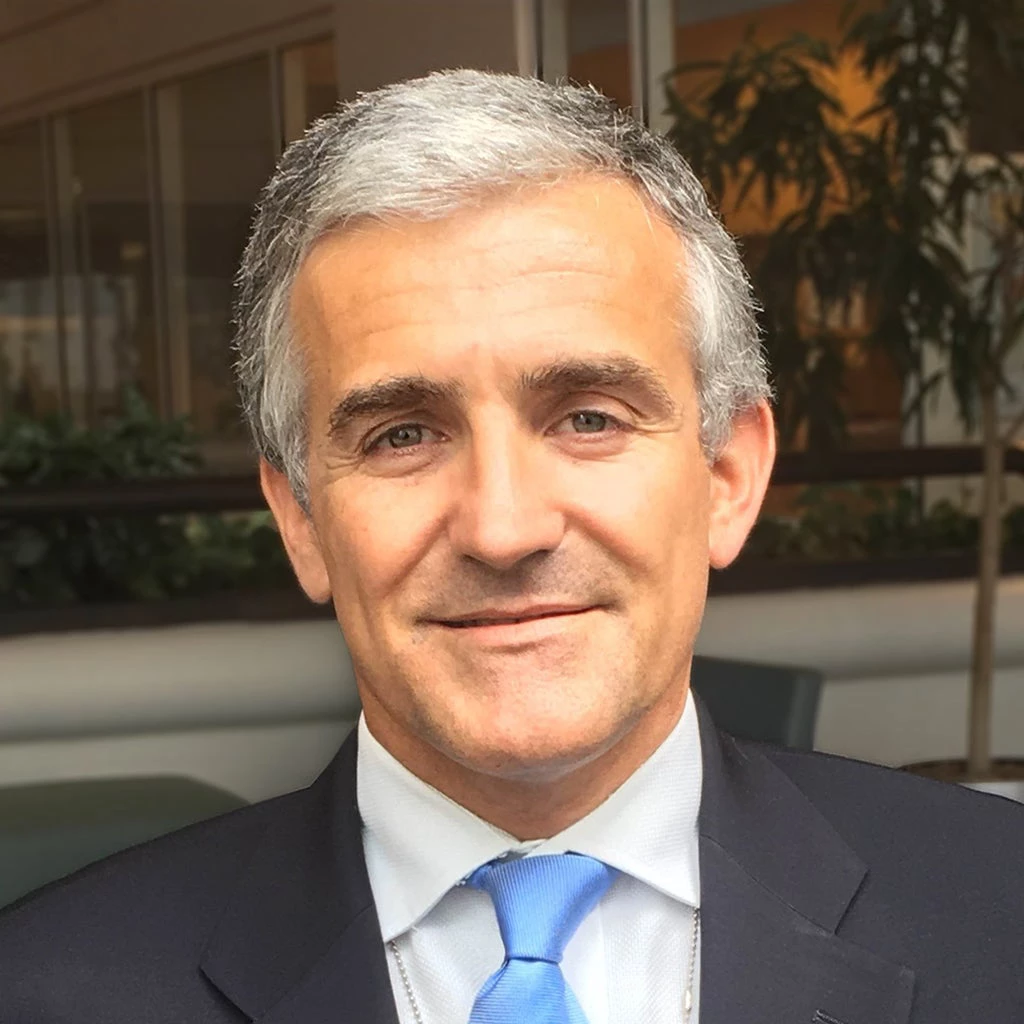 Displaced children residing at a United Nations transit site in South Sudan take time to play. © UN Photo/Isaac Billy
Displaced children residing at a United Nations transit site in South Sudan take time to play. © UN Photo/Isaac Billy
The global challenges of fragility, conflict and violence (FCV) continue to take a toll on millions of lives and threaten both development and peace. In the face of this, there is now an unprecedented high-level global consensus that partnerships between peace, security and development actors who have not traditionally worked together must become the “new normal” to tackle the FCV challenge together.
The data calls for urgent action. We have the highest levels of violent conflict in three decades, and more than 70 million people are forcibly displaced worldwide –double the number compared to just 20 years ago. And while extreme poverty is falling globally, the trend in countries facing FCV is going in the opposite direction. By 2030, if we continue with business as usual, they will be home to almost half of the world’s extreme poor. This makes tackling FCV mission-critical for a development actor like the World Bank Group.
Last week, I had the opportunity to brief the UN Security Council (UNSC) at a session on Peacebuilding and Sustaining Peace, about the World Bank Group’s first institutional FCV strategy. The session focused on the UN Secretary General’s priority of forging stronger partnerships with the goal of sustaining peace, especially in the context of transitions after UN peacekeeping operations. Our presentation highlighted the World Bank Group’s complementary long-term development approach to addressing FCV, which is embodied in our strategy and which we are already investing in through IDA. One concrete partnership example is the World Bank Group - UN Partnership Framework for Crisis-Affected Situations which has helped us deepen our cooperation in over 40 countries facing FCV.
This session came on the heels of the strong support expressed by the G7 in France in early July to the FCV agenda. In their declaration on Tackling Fragilities and Preventing Crises in Developing Countries (.pdf,) G7 members stressed the importance of priorities that were raised by our CEO Kristalina Georgieva on behalf of the World Bank: building legitimate and accountable state institutions in FCV contexts, addressing the key drivers of fragility by prioritizing investments in good governance, creation of jobs especially for youth, gender equality, and tackling climate change; focusing on conflict prevention and strengthening partnerships across the humanitarian-development-peace nexus.
A separate G7 and G5 Sahel joint communique (.pdf) strongly endorsed World Bank Group work in the Sahel, where, in close partnership with other actors, we have helped deliver US$6.7 billion in insecure areas across the region. Its call for intensified efforts was accompanied by an expression of strong support for both the FCV strategy and a successful replenishment for IDA19, the World Bank’s fund for low-income countries, which would allow us to enhance our focus on addressing fragility.
The first World Bank Group FCV strategy, which is now being developed, focuses on four key areas: prevention by addressing the root causes of fragility; remaining engaged in conflict-affected areas working with humanitarian and UN partners; helping countries transition out of fragility; and supporting refugees and host communities.
This approach is already reflected in IDA18, which has doubled the available core IDA resources for FCV to $14 billion — the most ever by the World Bank Group. IDA18 has also allowed us to shift our engagement in innovative new ways, including by stimulating the private sector which provides the majority of jobs in fragile settings. This strategic approach is strongly aligned with IDA19 priorities and the General Capital Increase, to maximize Bank Group impact in low-and middle-income countries.
We have just wrapped up the first phase of consultations into our FCV strategy concept note. Over three months, we have heard from over 1,400 stakeholders in 85 countries and territories, through face to face meetings, our online questionnaire, by email and through social media. This strong interest and support from all our partners and stakeholders is a galvanizing force as we move forward to develop the FCV strategy, which will further strengthen our institutional focus to tackle the biggest challenge to ending extreme poverty and building shared prosperity.



Join the Conversation